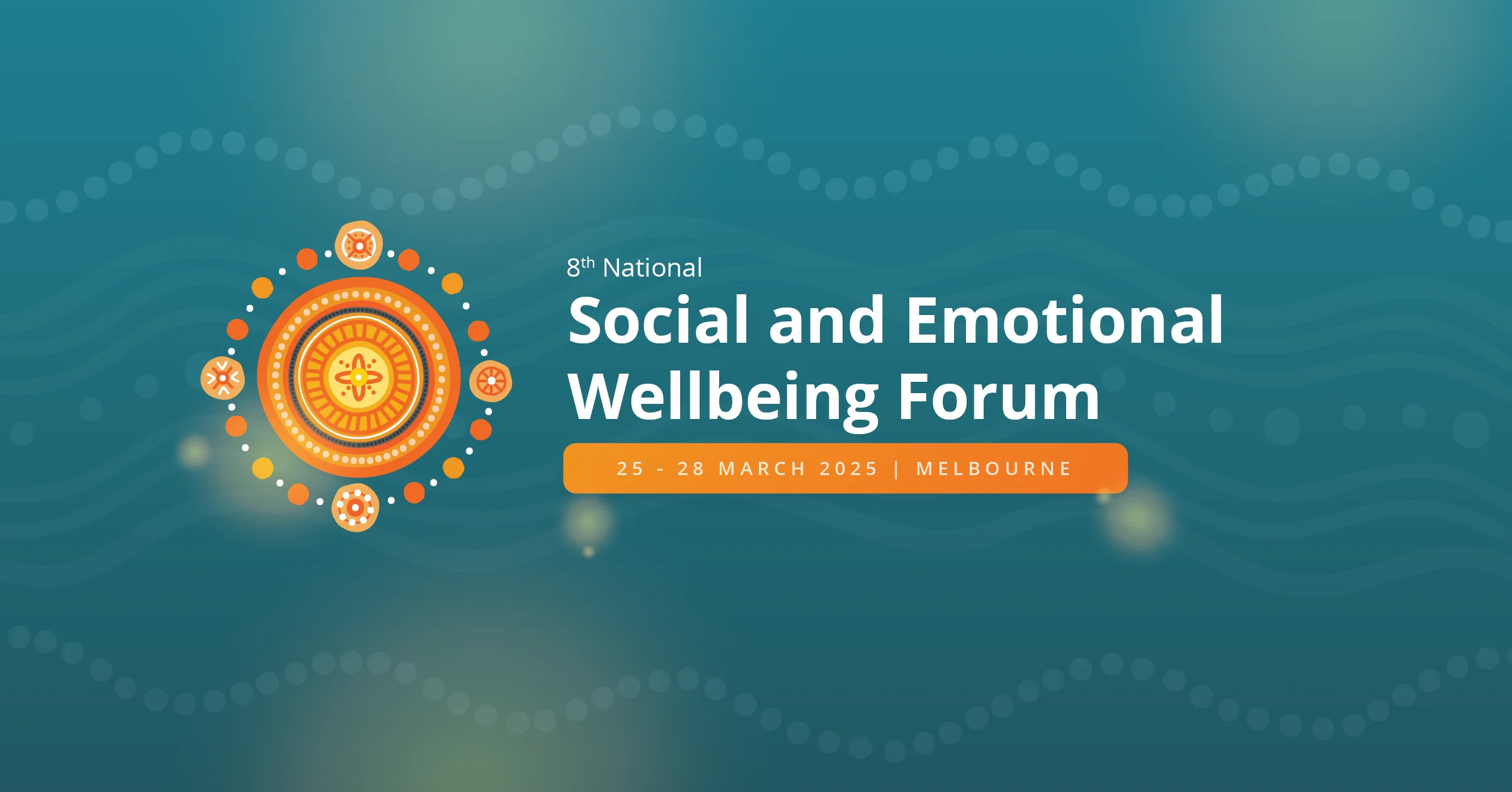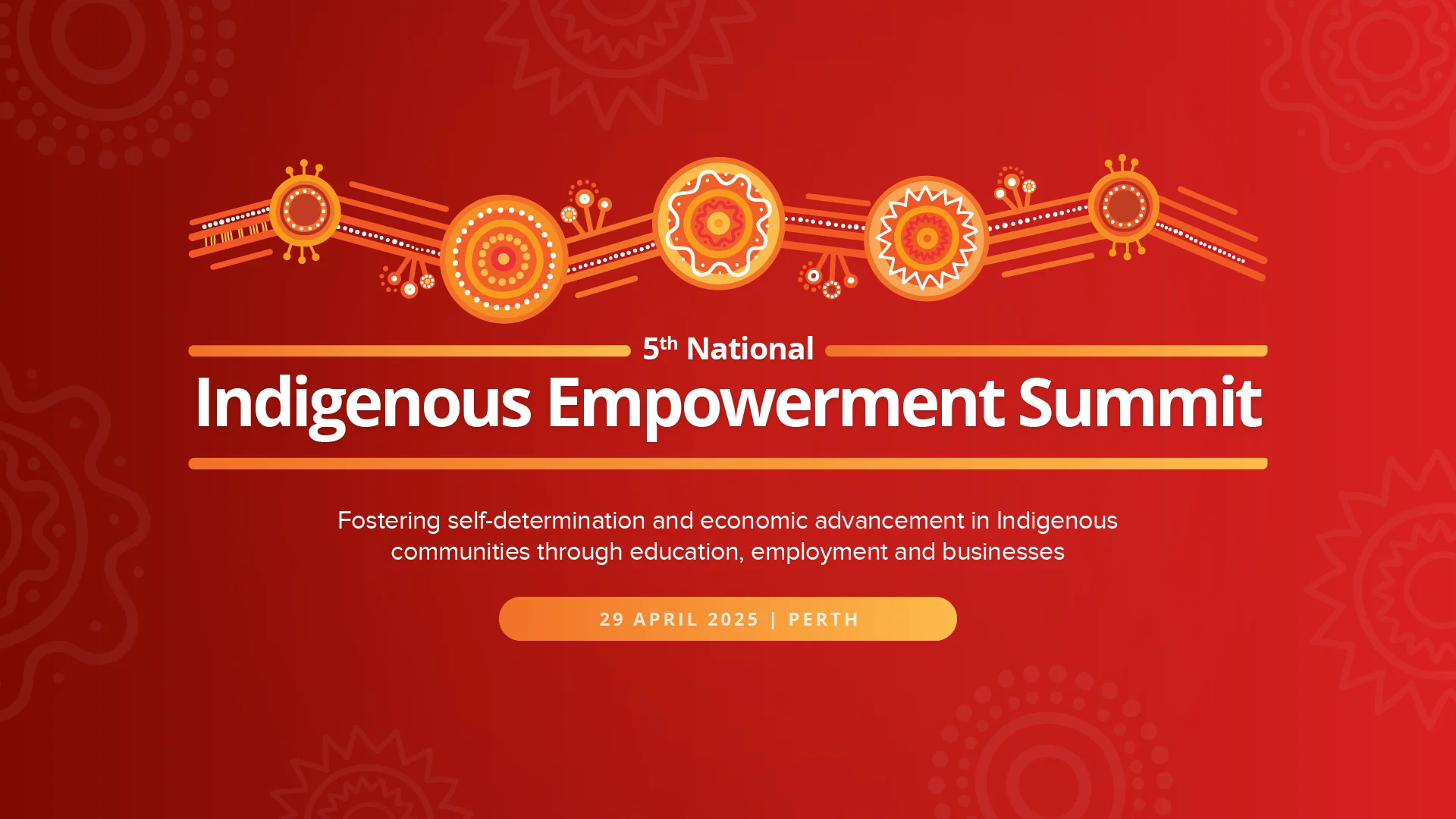Digital technologies provide nonprofits with the ability to enhance engagement and improve effectiveness. But not all digital solutions are the same, nor do they work in every context. Finding and utilising the right technologies is vital, and solutions work more effectively when nonprofits understand what drives their supporters. Planning for the right digital tools in your annual budget will allow you to implement an effective strategy.
Aligning digital solutions correctly with a nonprofit’s vision and mission leads to greater impact and personalisation that leads to deeper engagement.
In a global survey by NetChange consulting, 11% of nonprofits felt their organisation’s approach to managing digital was highly effective. Meaning, the overwhelming majority are not investing enough time or resource in a digital approach that works. By not investing in a strong digital approach, nonprofits are missing out on gaining online supporters, as well as improving the experience for existing supporters.
As a recent Queensland University of Technology study notes, it is important for Australian nonprofits to invest in digital more than ever. The benefits of nonprofits using technology to get ahead of the game are clear.
We know that 80% of nonprofits use their website to receive donations and to fundraise, so ensuring positive user experiences is vital.
Websites optimised for mobile access yield 34% more donations than those that are not mobile friendly. Digital planning is vital and has to be driven from the top. Developing a powerful digital strategy is essential for an effective approach that the whole organisation can work towards.
Here is a breakdown of the top 6 digital tools that should be considered this FY to stay on top of your digital game!
1. Digital Strategy
Digital planning is vital and has to be driven from the top as digital goals are more effective and likely to be achieved when integrated into the structure and culture of an organisation. Developing a powerful digital strategy is essential for an effective approach that the whole nonprofit can work towards.
Creating a digital plan for the year gives an organisation a focus with which teams can work towards. This involves conducting a thorough review of your internal digital resources and processes and using the information obtained in the review to develop a roadmap based on your current and future needs.
2. A marketing website
Although it is typically recognised that having a website is incredibly valuable, many nonprofits do not dig deeper and overlook the value of optimising their website. You need to ensure you align your optimisation with key points in your fundraising calendar.
Just like any business, the traffic that comes to your site is valuable for increasing conversions and growing your base of supporters.
Keeping a website up-to-date is important for ensuring your visitors have a good understanding of your organisation’s goals, objectives and current activities.
Before embarking on a website project, you need a thorough discovery session that will address goals, challenges, all stakeholders’ expectations. As part of the discovery session, you can use external tools to gain an understanding of the current state of your user’s experiences on your site. For example, tools like Google Analytics, provide insight into the type of traffic your current approach has received, whereas other tools like Hotjar tell you what users are doing on your website. This information is valuable for refining your web content and ensuring you are reaching and appealing to your target audiences.
Monitoring and security systems also help ensure your website stays up and running, and protect from potential security threats, like those that have recently threatened large companies such as Westpac & the Australian National University. This article, “The State of Emergency of NFP websites,” highlights the dangers faced by nonprofits and lists simple steps you can take now to avoid data breaches.
3. Landing pages & split testing
Much like optimising your website, ensuring you have a specific landing page for appeals or campaigns can be pivotal. As our recent blog article details, landing pages are web pages built with a very specific goal in mind.
For instance, you can also have multiple landing pages for different channels or messaging – depending on your needs. Templatized landing pages give the flexibility to easily create multiple landing pages for different channels and different messaging – allowing you to provide the right information to the right people.
You should also use A/B split testing to help compare two different versions of a website or landing pages. Enabling A/B split testing allows you to see which page performs better. This can really help sharpen and elevate your campaign or appeal, ensure you are targeting the correct audience effectively, and making the most impact toward your goals.
4. Grow your audience with Ad Grants
There is a multitude of free and valuable resources available to nonprofits. Whilst many nonprofits rely heavily on social media to drive traffic to their website because it is a relatively cheap channel, other opportunities are often overlooked.
Google’s Ad Grants is a ‘free’ Ads grant, allowing grantees to display messages to people who are searching for particular keywords. Through this programme, qualifying nonprofits to receive $10,000 USD of in-kind Google Ads advertising every month providing they meet the requirements.
In a recent article, we broke down how recent changes impact NFPs. Sometimes these requirements can seem cumbersome, but with support, you can take advantage of these benefits with ease.
To maximise a return on investment, it is important to also look closely at how using a combination of Ad Grants and Ads can create awareness and drive traffic to your website or specific campaign page.
5. Integrations
Data is key to any nonprofit’s growth. Many nonprofits utilise an array of tools to track performance. Combining this information into an integrated approach helps to better understand your nonprofits ability to engage supporters.
Many fundraising teams use specific software for managing their donors, so linking this information to other programs or simply capturing the data that comes through your fundraising pages automatically can provide helpful information quickly. This integration can help you better track donors across platforms, helping you have greater insight into your supporters’ journeys.
Ultimately this knowledge informs you how to tie this to specific appeals because you have clearer information about what works.
6. Reporting
Integration can help ease the burden of reporting. Consolidating information into a single source can help you better understand how well your digital tools are performing. And frankly, reviewing one source instead of interpreting several and compiling the information yourself is less stressful and reduces errors.
Being able to access various sources of information through a single dashboard that gives you a snapshot of your website and your goals (conversions) helps keep your nonprofit on track.
These dashboards help you make data-driven decisions in a manner that is also presentable to senior leadership, your board, or other stakeholders. Less time is spent developing separate reporting, instead, the system provides the reporting in real-time, which means more time spent engaging with donors, thinking creatively and focusing on your goals.
Wrapping Up
These digital tools are proven in helping nonprofits fulfil their objectives and become more effective at raising funds. Having a solid digital plan at the start of your year or fiscal year, and incorporating each of the above tools into your plan, either at the beginning or progressively throughout the year, will help you reach your goals.
About the Contributor:
Mj Zagani, Marketing Manager of Leafcutter, and loves to see nonprofits and for-purpose organisations embrace digital technology to raise more funds and deliver more life changing programs.











